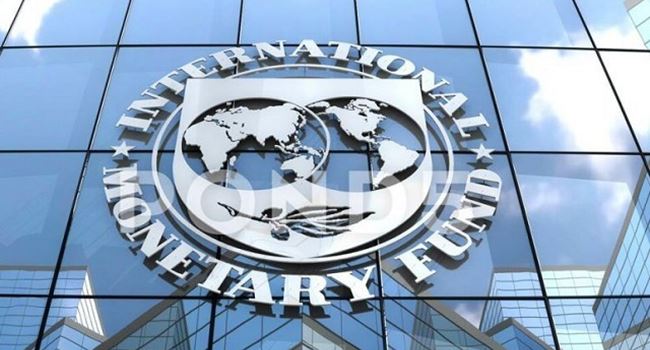Business
Business operations In Nigeria, SSA hampered by import restrictions, FX shortages – IMF

Business operations in Nigeria and other Sub-Saharan African (SSA) countries have been hampered by import restrictions and foreign exchange shortages, the International Monetary Fund (IMF) has disclosed.
The Fund made this known in its latest Regional Economic Outlook for Sub-Saharan Africa entitled, “A Tepid and Pricey Recovery,” where it explained that the twin challenges of import restrictions and foreign currency shortages could mar the post-pandemic recovery in terms of profitability of companies across the region.
The report stated: “Moreover, several countries are facing challenges like foreign currency shortages or import restrictions (for example, Angola, Chad, Ethiopia, Kenya, and Nigeria) which have complicated business operations. This comes at a time when companies in the region have just turned a leaf and returned to pre-pandemic profitability.”
Furthermore, the IMF noted that the post-pandemic recovery for the region comes during a time of global uncertainty and shocks, as rising interest rates push Sub-Saharan African (SSA) countries’ expenditure from critical capital investments towards debt servicing.
Read also: BREAKING: Man City seal historic fourth straight Premier League title
According to the IMF, such divestment results in low educational outcomes and rising food insecurity in the regions. It referenced a report that states that only 65% of school children complete their primary and secondary education in the SSA compared to the global average of 87%.
It also noted that food insecurity has become rife in the region, with Nigeria and D.R Congo a flash point.
“The liquidity squeeze is imperiling the growth prospects of the region’s future generations, as funds are sorely lacking to address the vast development needs, intensified by the pandemic’s scarring effects. For instance, nearly 3 in 10 school-age children are not attending primary and secondary education. Of those who do enroll in primary school, only about 65 percent complete it, compared to the global average of 87 percent.
“As of 2023, an estimated 140 million people across the region, including a significant number in the Democratic Republic of the Congo and Nigeria, are grappling with acute food insecurity, with policymakers facing constraints in their ability to respond effectively given limited fiscal space”, the report added.
By: Babajide Okeowo
Join the conversation
Support Ripples Nigeria, hold up solutions journalism
Balanced, fearless journalism driven by data comes at huge financial costs.
As a media platform, we hold leadership accountable and will not trade the right to press freedom and free speech for a piece of cake.
If you like what we do, and are ready to uphold solutions journalism, kindly donate to the Ripples Nigeria cause.
Your support would help to ensure that citizens and institutions continue to have free access to credible and reliable information for societal development.




























